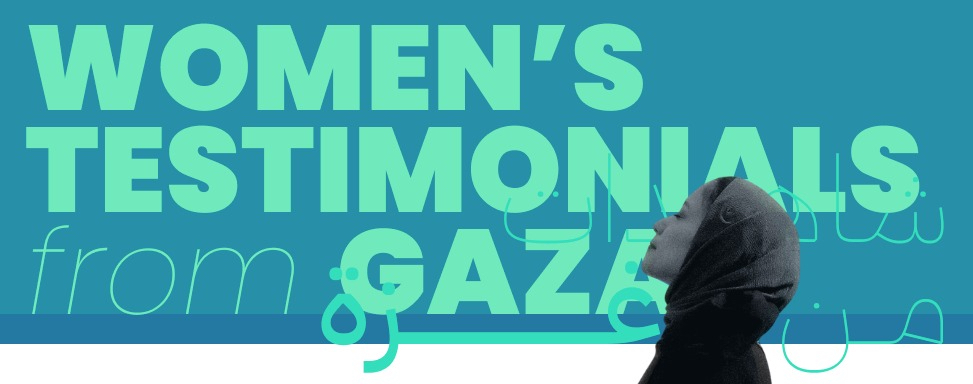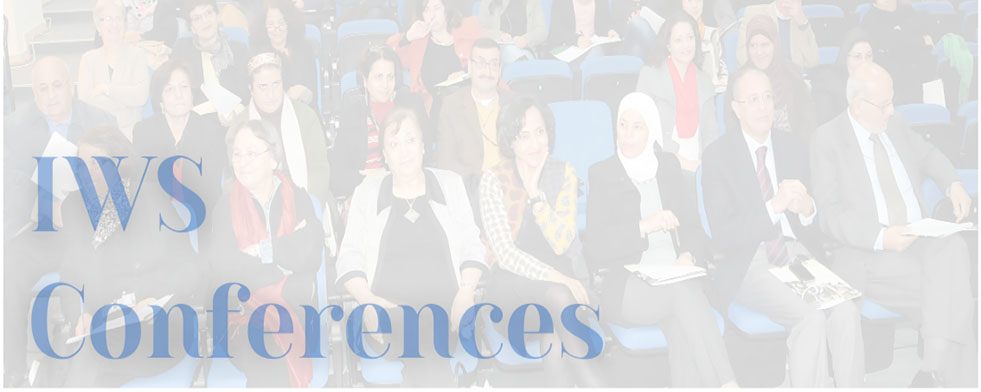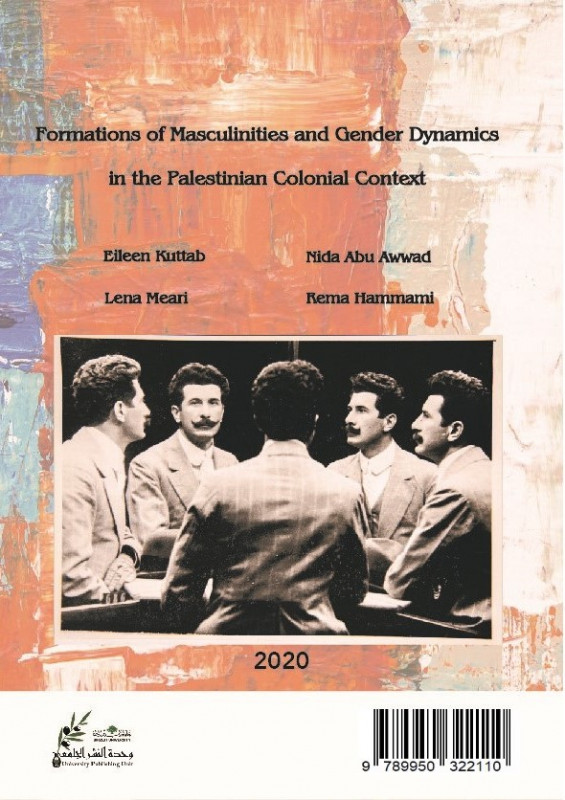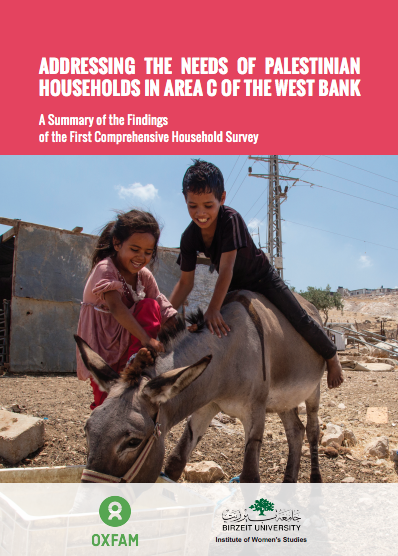Negotiating authority and masculinity in households living in crisis situation: the case of Palestinian male breadwinners losing jobs pdf
Year: 2010
Author: Ziad Yaish
Supervisor: Rema Hammami
Discussion Committee: Islah Jad & Robert Weston
Abstract
This study attempted to uncover the world of masculinity within the Palestinian context, an area that has been ignored in gender studies in Palestine. The study examined the ways that older and younger Palestinian men negotiate their masculinities in relation to losing their roles as breadwinners. Accordingly, this study was designed to achieve the following objectives: (1) assess the impact of the political and economic crisis on Palestinian masculinity, and (2) assess the impact of this crisis on gender roles and relations within the Palestinian family and society. As such, it is hoped that this study will contribute to the understanding of gender relations in the Palestinian society, including the challenges that Palestinian men face with their masculinity, as a result of the Israeli closure, and their expected roles towards their families and societies. The fieldwork for this study took place in the city of Nablus, which is considered one of the cities that faced long and severe closures by the Israeli occupation. The design of the study instruments went through an iterative process that included different phases and were based on extensive literature review of different researches, articles and case studies. Each phase of findings led to re-appraisal and further development of the study's instruments. Phase one included informal group interviews in coffee houses to get a general sense of issues and discourse about masculinity. The second phase included four focus group discussions with thirty men and women. The final phase of the fieldwork included a validation of the focus groups results through in-depth interviews with five men. The results were analyzed and presented through the following themes; Masculinity and Its Crisis in Nablus, Jobless Men, Economic Coping Mechanisms, Psychological and Emotional Impacts, Families and Households Negotiating the Crisis, and Masculinity in Transition. The results showed that that changes in gender roles during conflicts could be temporary and not sufficient to challenge existing patriarchal-based gender identities and relations. Moreover, the results revealed the different forms of masculinities in the Palestinian society, including hegemonic masculinity that is cantered around authority, power and money, in addition to complicit masculinity that was evident in younger men’s narratives, and marginalized masculinity that was clear in older men’s stories. Additionally, the results showed emphasized and resistant forms of femininities that both based their behaviours on Islamic values and codes of conduct, which in itself is also a type of masculinity that is growing and gaining popularity in the Palestinian society. These results implied that, in the Palestinian context, conflict sustains hegemonic masculinity and women encourage men to maintain their control and power.
Download



